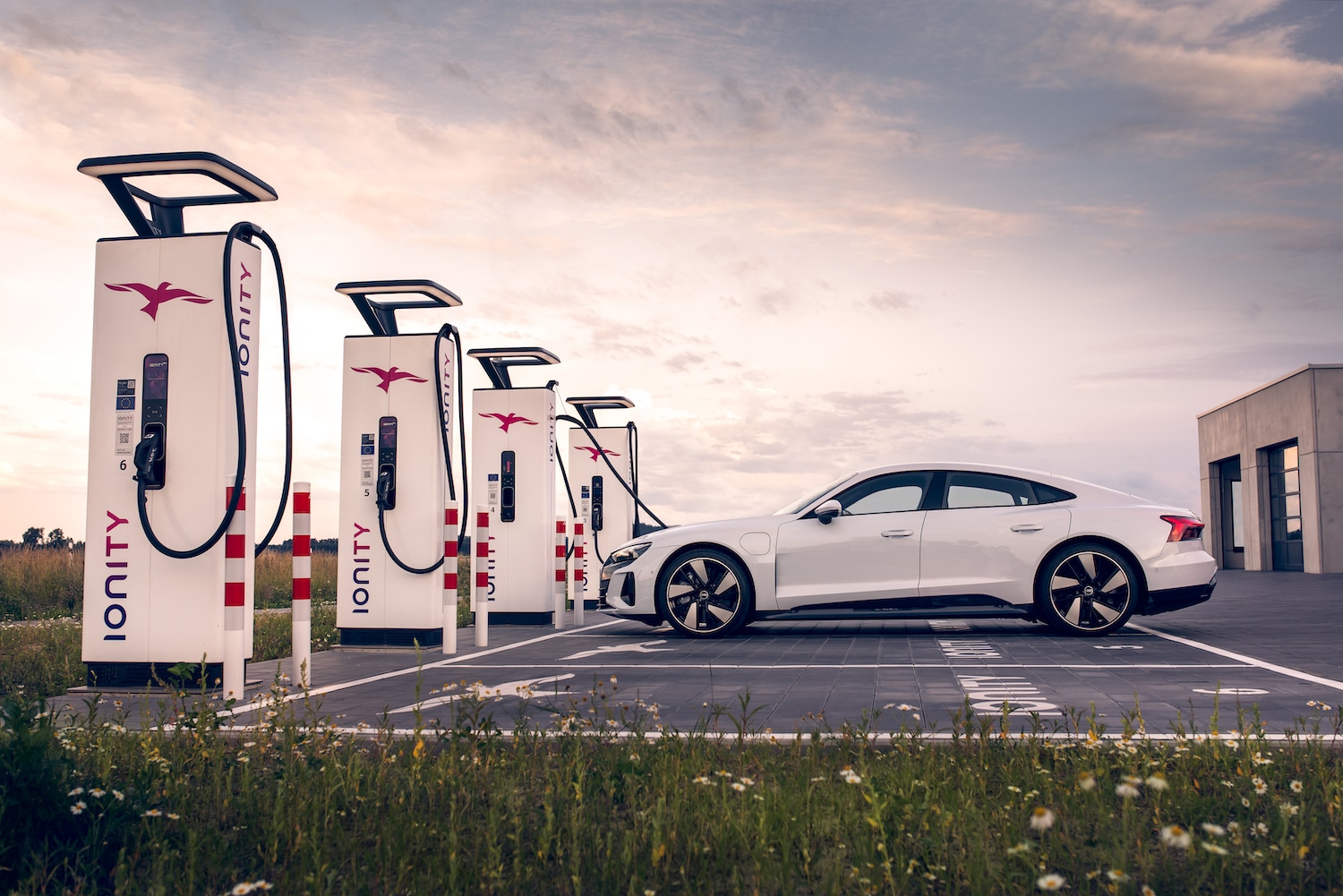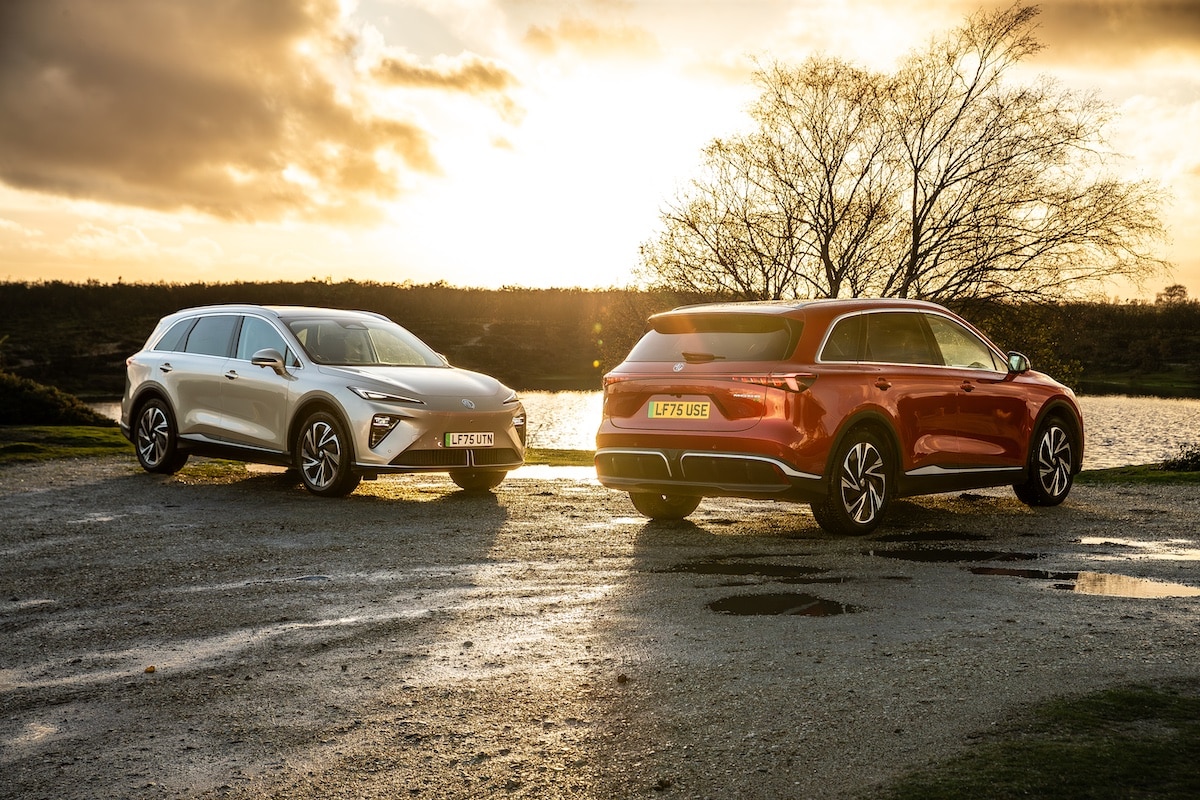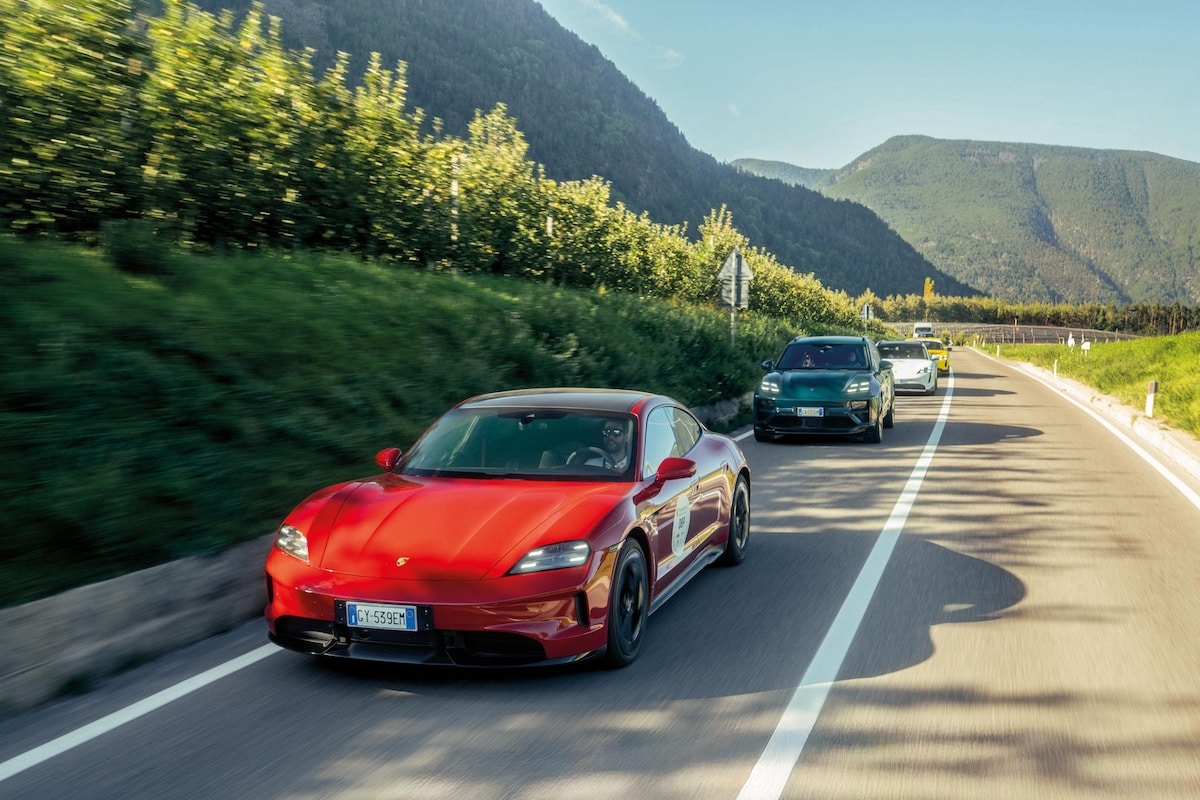Electricity Rates: Is Charging Your Car (Finally) Cheaper?

After the speculative spike in electricity prices this winter, against the backdrop of the war in Ukraine, a return to normal seems to be underway.
The suckers, you included! Since financial markets took control of the energy sector in Europe, speculation has entered the scene, resulting directly in a massive scam for consumers. During winter 2022-2023, prices exploded, forcing the government to implement a tariff shield capping increases at 15%, while actual increases reached 120%. However, the billions of euros in compensation for this tariff shield will translate into debt… and therefore higher taxes in the future! To understand better, EDF is currently forced to sell its energy at low prices to its competitors… then buy it back at market prices to supply its customers. Speculation and foolishness pushed to the extreme, as primary services should be protected from market logic.
Currently, the price per kWh for individuals stands at 0.2062 euros under the Blue tariff. For those opting for “Off-peak hours” (with a higher annual subscription), this rate drops to 0.1615 euros / kWh during 8 hours daily… but rises to 0.2228 euros / kWh for the rest of the day. So, it’s important to do your calculations carefully when charging your car at night.
For example, charging a Renault Megane EV40 (with a capacity of 40 kW), will cost you up to (since you never charge to 100%) between 6.46 euros and 8.9 euros at home, to then travel about 300 km. With an internal combustion engine consuming roughly 6 liters/100 km, you would have spent about 34 euros for the same distance.

The situation gets more complicated when you don’t charge at home. However, the decline in energy prices on the markets is starting to be reflected “at the socket.” Just like with gasoline, the price increase is always immediate, the decrease much slower… Perhaps France should establish a regulatory authority to oversee abusive commercial practices.
The major players present in France are naturally monitoring each other: Tesla, Ionity, Allego, TotalEnergies, Electra, Carrefour, Lidl, or Casino. Significant disparities still exist between rates with or without a subscription. Again, this concept deserves criticism because it doesn’t exist in the fossil fuel world. For example, at Tesla, the price per kWh has fallen to 39 cents for subscribers and 51 cents for others. Even worse at Ionity: 49 cents for the first, 69 cents for the second. In both cases, charging is considered an opportunistic “emergency” service, as customers have no other options yet, due to a lack of a dense and competitive charging network. Fortunately, this should quickly change to favor the consumer, especially with the proliferation of “free” recharges at certain large retail or hotel chains when you shop there.
Finally, recharging a Renault Megane EV40 at Ionity could cost you 27.6 euros, but beware of the calculation. Since most recharging will occur on fast charging stations, the vehicle’s range will drop to about 200 km. Thus, the internal combustion engine becomes more attractive again. Finding the right charging stations will quickly become a key commercial issue for electric car owners.
ALSO READ: Paris-Marseille trip: Which Tesla Model 3 to choose?
This page is translated from the original post "Tarif électricité : est-ce (enfin) moins cher de recharger sa voiture ?" in French.
We also suggestthese articles:
Also read




